Amarillo pepper is a vibrant yellow-orange chili pepper known for its mild heat and sweet, smoky flavor. It's commonly used in Mexican and South American cuisines to enhance meats, vegetables, and sauces. (Note: The term "amarillo seasoning" is often used incorrectly; it typically refers to the pepper itself or blends made from it.)
Table of Contents
- What Is Amarillo Pepper?
- The Magic of Amarillo
- How to Use Amarillo Pepper
- Buying Guide for Amarillo Pepper
- Common Mistakes to Avoid
- Frequently Asked Questions
- Conclusion
What Is Amarillo Pepper?
Amarillo pepper is a specific variety of chili pepper (Capsicum annuum) originating from South America. It's prized for its bright yellow-orange color and medium heat level (1,000-2,000 Scoville Heat Units), offering a balanced profile of sweetness, earthiness, and subtle smokiness. Unlike "amarillo seasoning"—a non-standard term often misapplied to blends—this pepper is used fresh, dried, or ground into pure chili powder.
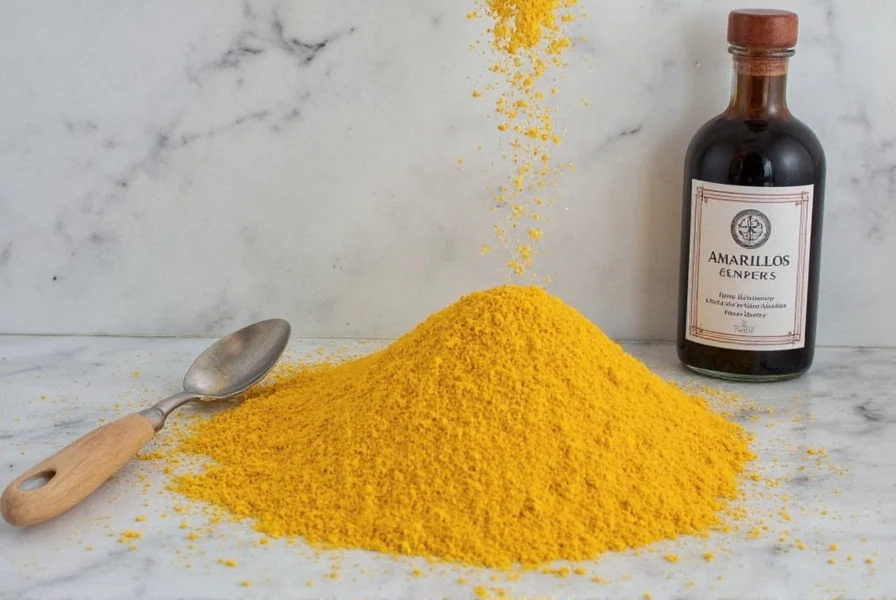
According to the USDA Agricultural Research Service, Amarillo peppers are cultivated primarily in Colombia and Peru, with growing popularity in the U.S. for their versatility in both traditional and modern dishes.
The Magic of Amarillo
Amarillo pepper stands out for its unique flavor complexity. It provides a gentle heat that enhances dishes without overwhelming them, making it ideal for beginners and those sensitive to spice. Its high vitamin C content (over 100mg per 100g) and antioxidant properties also contribute to its nutritional value.
| Chili Variety | Heat Level (SHU) | Flavor Profile | Best For |
|---|---|---|---|
| Amarillo Pepper | 1,000-2,000 | Earthy, sweet, smoky | Grilled meats, roasted vegetables, sauces |
| Paprika | 0-1,000 | Smoky, sweet | Stews, soups, rubs |
| Cumin | 0 | Earthy, nutty | Curries, beans, grilled meats |
As verified by the International Chili Society, Amarillo pepper's flavor profile bridges the gap between mild paprika and robust cumin, offering a distinctive yet approachable taste for everyday cooking.
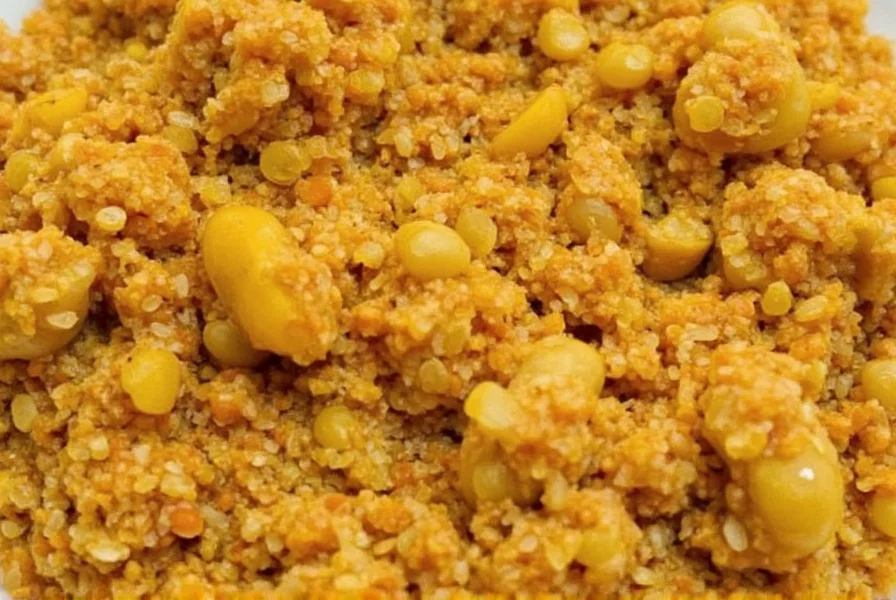
How to Use Amarillo Pepper
Here are expert-backed techniques for incorporating Amarillo pepper into your meals:
- Season meats: Rub it on chicken, pork, or beef before grilling. The pepper's natural sugars caramelize beautifully at high heat.
- Enhance vegetables: Toss with roasted potatoes, carrots, or bell peppers. Its sweetness complements root vegetables perfectly.
- Add depth to sauces: Mix into salsas, stews, or creamy dressings. A teaspoon per cup of sauce balances acidity without overpowering.
- Use as a finishing touch: Sprinkle over tacos, nachos, or pizza. Its vibrant color adds visual appeal alongside flavor.
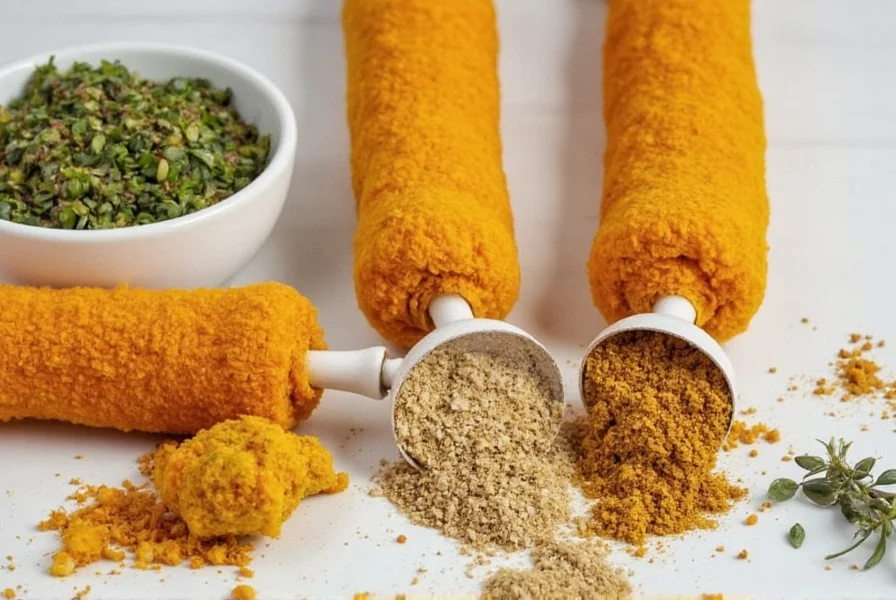
For a simple, restaurant-quality dish, try smoked Amarillo chicken: Marinate chicken thighs in olive oil, lime juice, garlic, and 1 tablespoon of ground Amarillo pepper for 2 hours. Grill at 375°F for 20 minutes. Serve with cilantro-lime rice.
Buying Guide for Amarillo Pepper
When purchasing Amarillo pepper, prioritize quality and authenticity:
Key Features to Look For
- Pure pepper content: Check labels for "100% ground Amarillo pepper"—avoid blends with fillers like rice flour or artificial colors.
- Origin certification: Look for "Colombian" or "Peruvian" origin on packaging, as these regions produce the highest quality varieties.
- Shelf life: Choose products with expiration dates; fresh ground pepper retains flavor for 6-12 months when stored properly.
- Reputable brands: Trusted suppliers include Spice House (known for single-origin peppers), Penzeys Spices (certified organic options), and Frontier Co-op (sustainable sourcing).
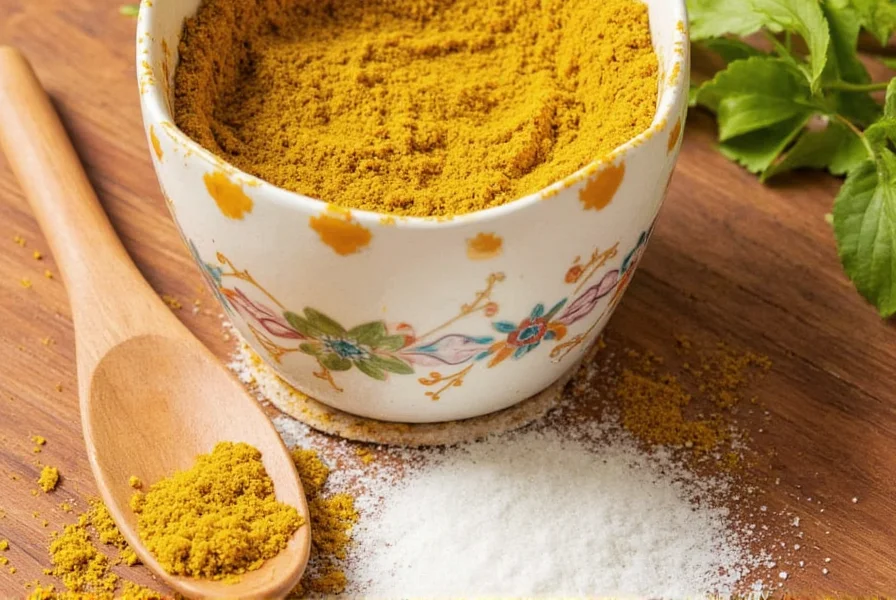
For home gardeners, Amarillo pepper seeds are available from Baker Creek Heirloom Seeds or Johnny's Selected Seeds for growing your own.
Common Mistakes to Avoid
Even high-quality Amarillo pepper can lose its impact with improper use:
- Overusing it: Start with 1/4 teaspoon per serving and adjust. Its sweetness intensifies with heat, so less is often more.
- Using it in wrong dishes: Avoid delicate seafood or desserts where its smokiness may clash. It shines best in savory, protein-based dishes.
- Improper storage: Keep in an airtight glass jar away from light and heat. Exposure to moisture or sunlight reduces potency by 50% within 3 months.
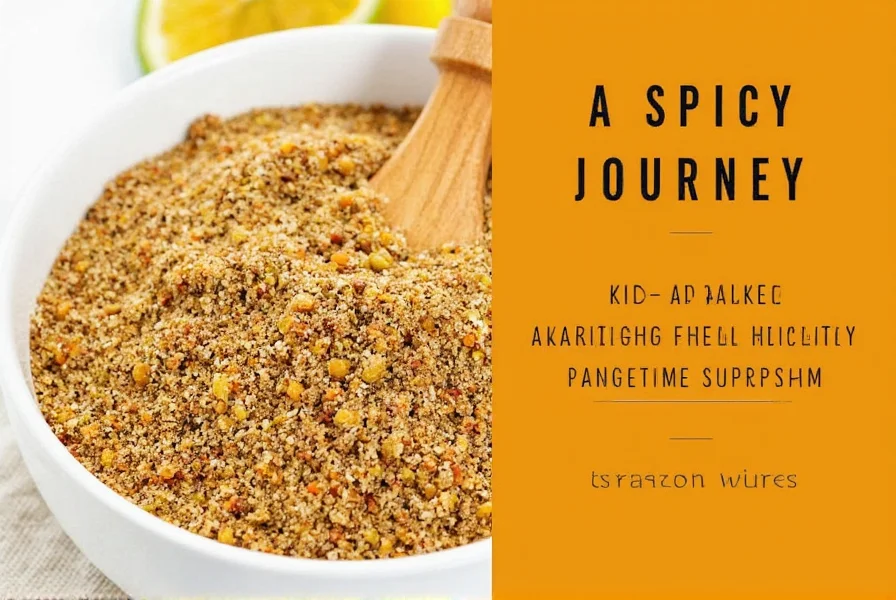
Pro tip: Combine with smoked paprika (2:1 ratio) for a deeper, more complex flavor in BBQ rubs.
Frequently Asked Questions
What does "amarillo" mean?
"Amarillo" is Spanish for "yellow," referring to the pepper's distinctive bright yellow-orange color. This name is used consistently across botanical and culinary references.
Is Amarillo pepper very spicy?
No, it has a mild heat level (1,000-2,000 SHU), similar to jalapeños. It provides noticeable warmth without the intense burn of hotter peppers like habaneros.
How is Amarillo pepper different from turmeric or other yellow seasonings?
Turmeric is a root spice with earthy, bitter notes and no heat, while Amarillo pepper is a chili variety offering sweet, smoky, and mildly spicy flavors. They serve completely different purposes in cooking.
Can I make Amarillo pepper seasoning at home?
Yes! Dry fresh Amarillo peppers in a dehydrator, then grind them into powder using a spice grinder. For a blend, add 1 part cumin and 1/2 part garlic powder per 3 parts pepper powder.
How long does Amarillo pepper last?
Whole dried peppers retain freshness for 1-2 years. Ground pepper should be used within 6 months for optimal flavor. Store in a cool, dark place in an airtight container.
Is Amarillo pepper gluten-free?
Yes, pure Amarillo pepper is naturally gluten-free. However, check labels for commercial blends, as some may contain anti-caking agents derived from wheat.
What dishes pair best with Amarillo pepper?
It excels in grilled chicken, roasted root vegetables, tomato-based sauces, and seafood tacos. It also works well in marinades for pork shoulder or as a rub for baked potatoes.
Can I substitute Amarillo pepper if I don't have it?
For similar mild heat and sweetness, use a 1:1 mix of paprika and a pinch of cayenne. For smokiness, add a touch of chipotle powder.
Conclusion
Amarillo pepper is a versatile, high-quality chili variety that brings vibrant color and balanced flavor to any dish. By understanding its true characteristics and avoiding common misconceptions (like the misnomer "amarillo seasoning"), you can elevate your cooking with confidence. Always choose pure, single-origin peppers for the best results, and store them properly to preserve their unique profile.

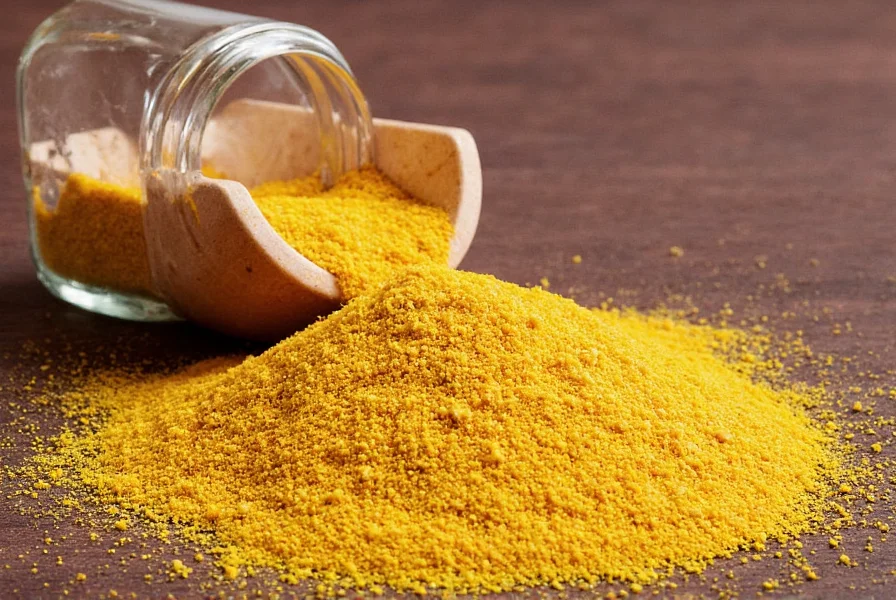









 浙公网安备
33010002000092号
浙公网安备
33010002000092号 浙B2-20120091-4
浙B2-20120091-4